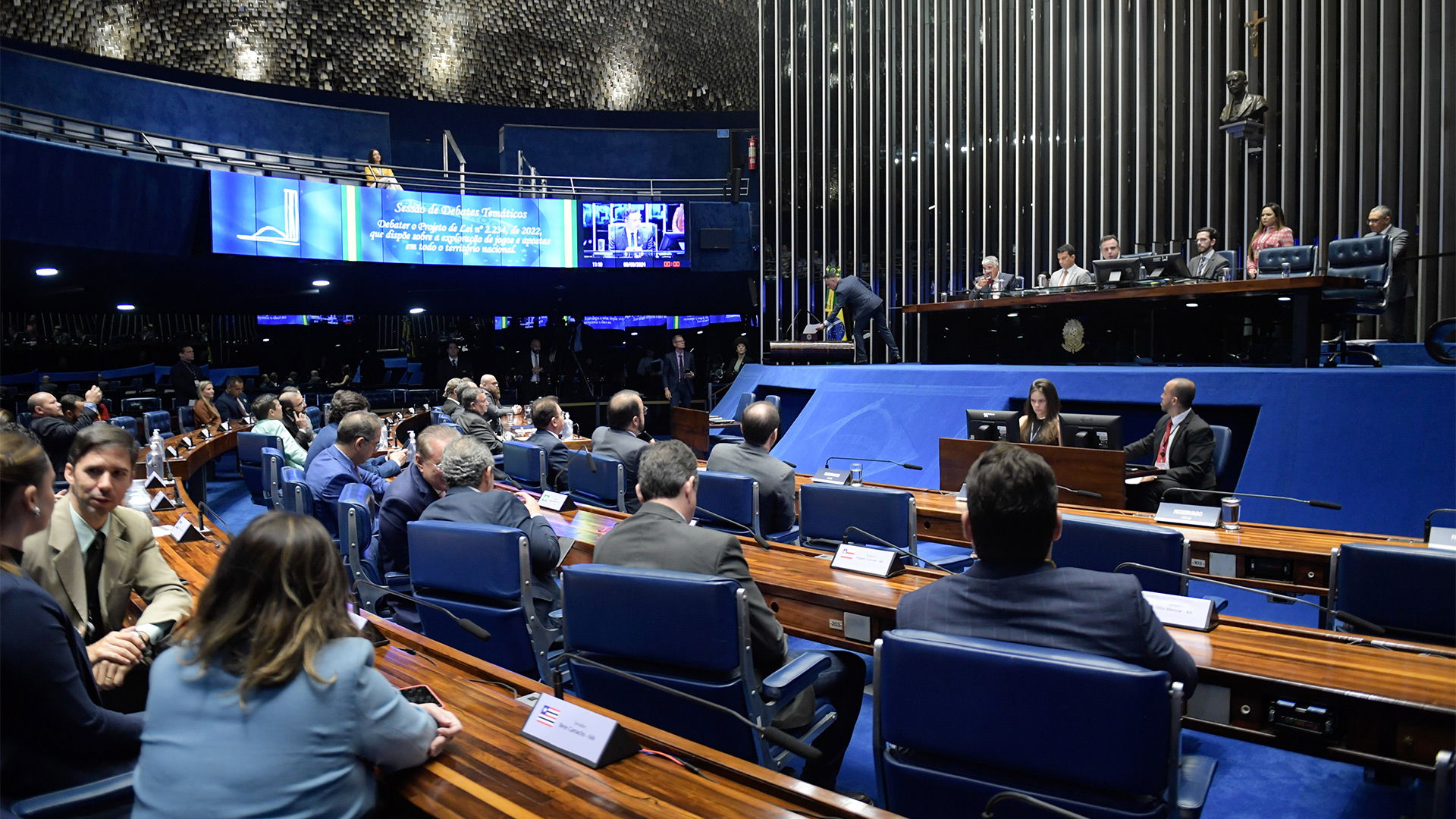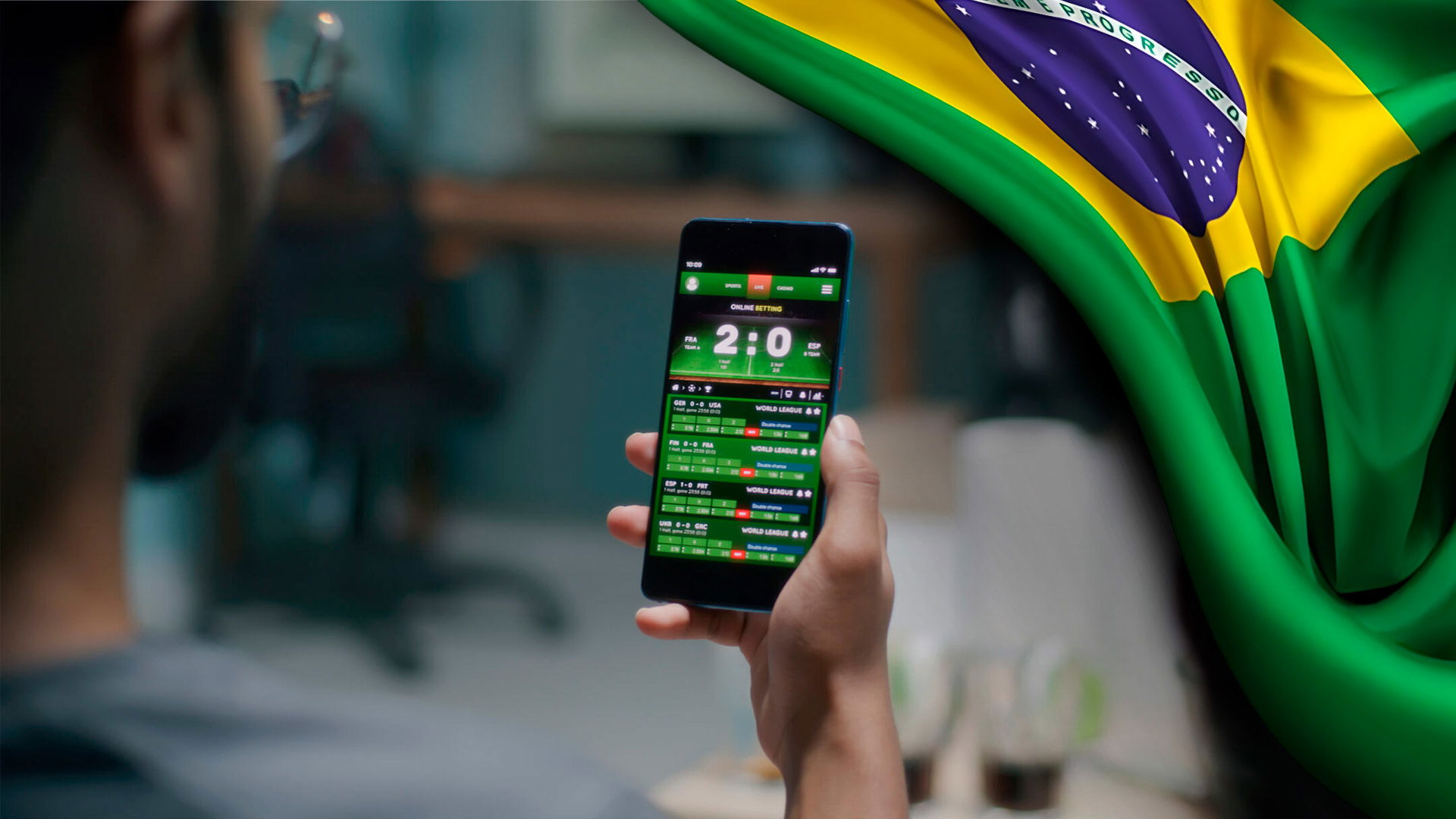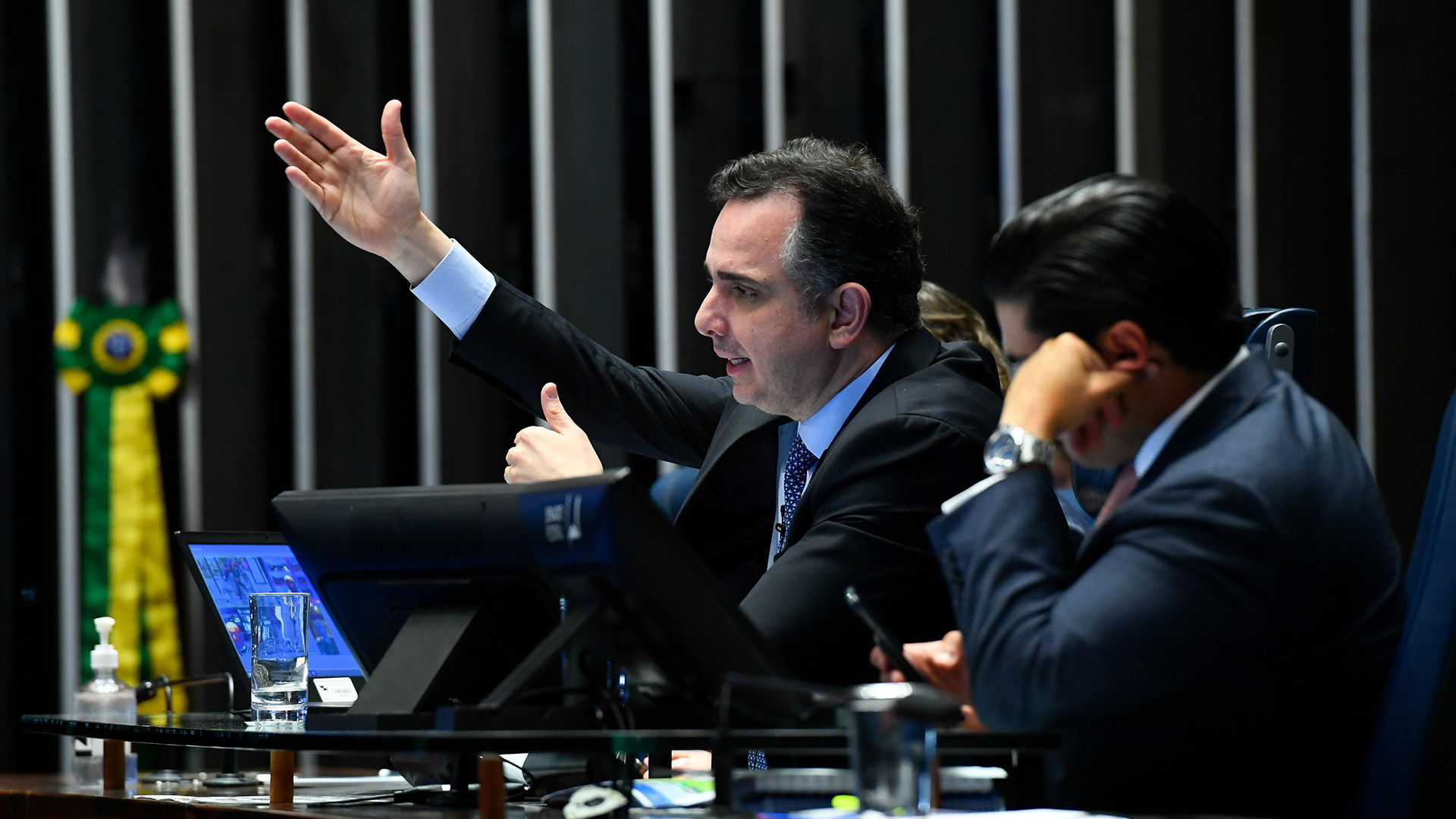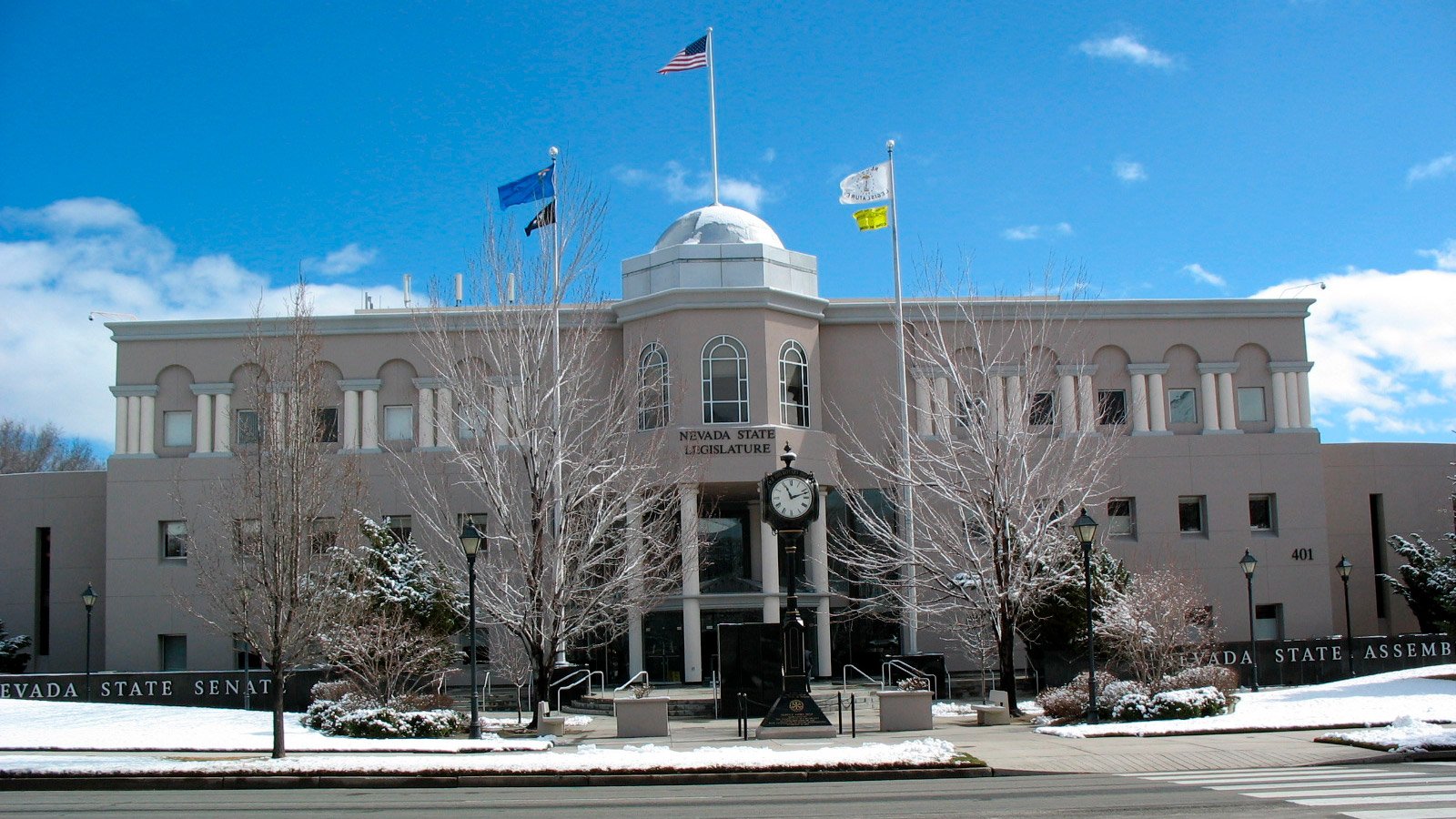Brazil: Senate to vote on proposal to legalize gambling on Wednesday

The legalization of casinos in integrated tourist resorts, bingos, and gambling is the third item on the Senate's agenda for the session on Wednesday, December 4. From 14h00 (Brasilia time), the parliamentarians will meet to debate, among other matters, bill 2.234/22, which authorizes the exploitation of physical games in Brazil.
The text was approved by the Constitution, Justice and Citizenship Commission (CCJ) in June, after a disputed vote in which 14 senators voted in favor and 12 against the legalization of casinos, bingos, and games of chance. Since then, the proposal has been pending debate in the full Senate.
As explained by the portal BNLData, if PL 2.234/22 is approved without changes, the text will go directly to President Luiz Inácio Lula da Silva (PT), who has already stated that he will sanction the proposal.
Should the bill undergo modifications, it returns to the Chamber of Deputies, where the parliamentarians will analyze whether they agree or disagree with the changes introduced by the senators. After this stage, it goes to the Executive for approval.
The President of the Senate, Rodrigo Pacheco stated that several members of parliament requested that the bill be included in the House's agenda by the end of this year. The senator also assessed that the "critical" scenario regarding online sports betting boosted the defense that the Senate needed to position itself on other games of chance.
"It is something that has already come from the House, has the support of the government, support from several segments. And the Senate needs to decide whether or not to approve it. For this reason, several senators requested at the leaders' meeting that it be submitted to the plenary, especially since it has already been considered by the CCJ," said the senator.
Rodrigo Pacheco
The bill approved by the CCJ creates rules for the exploration and mechanisms for monitoring and controlling games. It also establishes taxation of betting houses and prizes, in addition to a series of rights for players.
The text was already approved by the Chamber of Deputies in 2022 and faced obstacles during its passage through the Senate. Resistance from conservative parliamentarians and social movements led to a series of postponements in the discussion of the text. Recent investigations into online sports betting also caused the proposal to be postponed.
The proposal approved by the CCJ authorizes the practice and exploitation in Brazil of casino games, bingo games, video bingo games, online games, jogo do bicho, and horse racing bets (turf).
The text puts an end to a ban, provided for in a 1946 law, on the operation of gambling throughout the national territory. It also revokes sections of the Law on Criminal Offenses, which establishes punishments for such practices.
The operation of gambling games, however, must follow a series of criteria. For example, minimum amounts of company capital and proof of the lawful origin of the funds will be required. Only companies headquartered in Brazil will be able to operate the activities, which will be permitted in previously authorized locations.
According to the project, the Ministry of Finance will be responsible for defining the licensing, inspection, and authorization processes for operation. The government may also create a regulatory agency.
According to the proposal, only those over 18 years of age will be able to play. There will be a ban, for example, on players who declare themselves to be gambling addicts (people diagnosed with a compulsive gambling habit) or who are banned by the courts.
Irajá Silvestre
The rapporteur of the bill, Senator Irajá, argued that gambling represents a "relevant economic activity" in Brazil and that, for this reason, it should be "subject to regulation by the State."
"The main benefit of the bill is to allow an economic activity that is already practiced even in violation of the law to be controlled by the State, mitigating possible links between gambling and organized crime," he stated.
Bill 2.234/22
The text establishes that gambling may only be offered by companies registered, headquartered, and managed in Brazil. The offer will depend on the granting of a license by the Ministry of Finance.
According to the rules set forth in the bill, the company's bylaws must establish that the main activity of the CNPJ will be the exploration of these practices, but activities such as the sale of food and beverages and the performance of artistic and cultural activities may be registered as secondary activities.
To be entitled to an operating license, in addition to other requirements, the company will need to prove the lawful origin of funds and a minimum capital:
- For bingo: BRL10 million ($1.6 million)
- For casinos: BRL100 million ($16 million)
- For jogo do bicho: BRL10 million ($ 1.6 million)
The licenses will follow criteria to be defined by the ministry and may be granted permanently or for a fixed period. The operation may also be authorized for specific or previously defined locations – the so-called gaming zones. These authorizations will be non-negotiable and non-transferable. The games may only be offered in physical or virtual establishments authorized by the federal government.
According to the proposal, if there is no regulation of the licensing criteria after 12 months of the law being in force, bingo and animal games will be provisionally authorized. Each type of game will have previously established criteria for operation.
The text approved by the CCJ establishes that the following will be prohibited from betting in any of the modalities:
- legal entities;
- people with compulsive gambling, who request inclusion in the National Registry of Prohibited Persons (Renapro);
- people judicially interdicted, at the request of family members, due to gambling addiction;
- people considered insolvent — that is, those who have debts greater than their assets;
- people linked to gaming companies;
- public agents linked to gaming oversight bodies.
The bill also provides for the creation of a national policy to protect gamblers, with the obligation of betting houses to maintain customer service for gamblers and mechanisms to prevent gambling addiction.
The text prohibits betting companies from offering, granting, or facilitating loans to gamblers and allows companies accredited by the Ministry of Finance to act in the collection of gambling debts.
Gamblers' winnings (value of prizes minus spending on bets in a 24-hour period) will only be taxed if they total or exceed BRL10,000 ($1,600). The collection will be made by Income Tax, with a rate of 20% on the prize. The tax will be withheld directly by the betting house.
Companies licensed to operate gambling in Brazil will have to pay an inspection fee, charged quarterly and with different amounts for each type of game offered:
- Bingo and horse racing betting: BRL20,000 ($3,400) per licensed establishment
- Online games: BRL300,000 ($50,100) per licensed virtual address
- Casinos: BRL600,000 ($100,000) per licensed establishment
- Jogo do bicho: R$20,000 ($3,400) per license
Companies will also be charged the Economic Domain Intervention Contribution (Cide). The tax will be levied on the gross revenue of betting houses – the amount collected from bets minus the prizes distributed. Cide will have a rate of 17%, with quarterly payments.
All financial transactions of betting houses will have to be recorded in the Audit and Control System (SAC), which can be accessed in real-time by the Ministry of Finance. Companies accredited for betting will also have to present half-yearly balance sheets of their operations. At the end of each year, they will also have to undergo an audit.
The project also provides that machines used in games may only be offered after a registration has been granted by the Ministry of Finance. The document, which will be valid for four years, will ensure that the equipment has not been tampered with.
According to the approved text, betting houses will have to create mechanisms to prevent the use of games for money laundering and financing terrorism. The tools must establish channels for reporting and communicating suspicions to the responsible agencies.
Companies may not maintain gaming machines that allow payments in physical cash. They may also not receive funds or pay prizes through financial institutions not authorized by the Central Bank.
Failure to comply with the rules may result in companies being punished, such as fines of up to R$2 billion ($335 million) per violation; partial or total suspension of activities for up to 180 days; revocation of the license; and prohibition from obtaining a new license for up to ten years.
According to the text, anyone who operates gambling without a license may be imprisoned for up to four years. Betting fraud may also lead to imprisonment, with a sentence of up to seven years.
Authorizing a minor to gamble will result in imprisonment for up to two years, in addition to the payment of a fine. There will also be penalties for those who create obstacles or make it difficult to monitor the games: imprisonment of up to three years, in addition to a fine.

















































